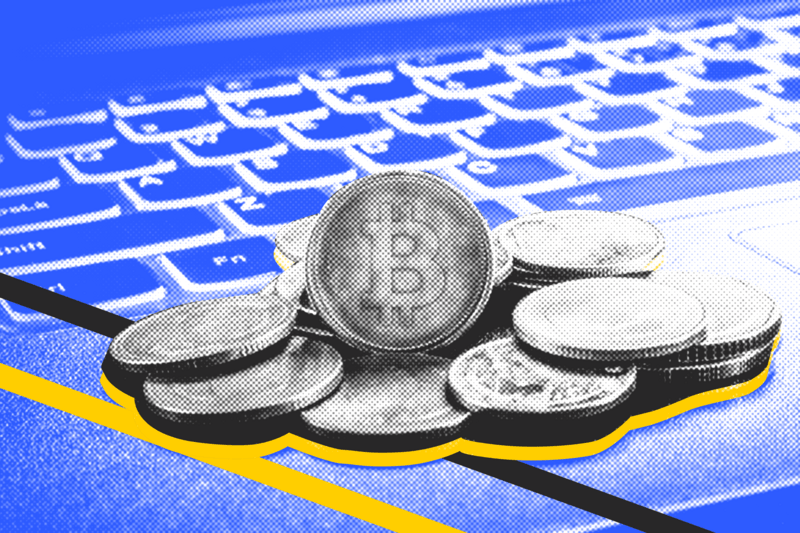The IMF has teamed up with regulators to form a crypto roadmap as the US SEC has delayed a ruling on bitcoin ETFs after last week’s US Court of Appeals decision. Meanwhile, the Indian Prime Minister has talked crypto in advance of the G20 summit.
IMF and regulators for roadmap
The International Monetary Fund (IMF) and the Financial Stability Board (FSB) have put forward regulatory recommendations to address the financial stability risks associated with crypto.
The suggested policy frameworks include FSB policy work on DeFi and risk monitoring by the IMF. The IMF has said it will prepare an outreach program through regional training centers.
The roadmap includes planned and ongoing work related to the implementation of crypto-asset policy frameworks. The recommendations extend beyond G20 jurisdictions, with the aim of enhancing global coordination, cooperation, and information sharing. It is hoped this will address data gaps and aid understanding of the rapidly changing crypto-asset ecosystem.
SEC delays bitcoin ETF approval decision
The SEC has stalled a decision on the approval of ETFs one week after the US Court of Appeals sided with asset management company Grayscale on the matter.
Grayscale has been at the center of the debate around a long-awaited SEC decision. The company’s law firm said in a letter the SEC had no grounds to reject a bitcoin ETF, adding that its proposed ETF should be approved because it uses the same market surveillance framework as the Chicago Mercantile Exchange (CME), which the SEC has deemed satisfactory for Bitcoin futures ETFs.
“If any other reason could be offered in attempting to differentiate spot bitcoin exchange traded products (ETPs) from bitcoin futures ETPs – whether based on the Exchange Act’s requirement that rules be “designed to prevent fraudulent and manipulative acts and practices” or otherwise – we are confident that it would have surfaced by now in one of the 15 Commission orders that rejected spot bitcoin Rule 19b-4 filings even after bitcoin futures ETPs began trading,” the letter said.
Jay Clayton, who served as chairman of the SEC during the Trump administration, said the SEC’s approval of the ETF was ‘inevitable’.
Grayscale said it looked forward to “further consultative engagement with the SEC”.

India’s Modi gives support to crypto framework
Ahead of the G20 summit hosted by India, starting this week, the country’s Prime Minister Narendra Modi has expressed an interest in developing a framework for cryptocurrency in the world’s most populous country.
“In the past nine months, vast efforts and energy have been channelled into debt and crypto agendas. India’s G20 presidency expanded the crypto conversation beyond financial stability to consider its broader macroeconomic implications, especially for emerging markets and developing economies. The G20 reached a consensus on these matters, guiding standard-setting bodies accordingly. Our presidency also hosted enriching seminars and discussions, deepening insights into crypto assets,” Modi told Indian publication Business Today.
India introduced the Cryptocurrency and Regulation of Official Digital Currency Bill in 2021 with the aim of creating a framework for the Reserve Bank Of India to develop a central bank digital currency (CBDC).
“India’s (G20) presidency has put on the table key issues related to regulating or understanding that there should be a framework for handling issues related to crypto assets,” Nirmala Sitharaman, India’s Finance Minister, said this week. Sitharaman has in the past proposed a tax on digital assets and made the issue of legality of cryptocurrencies a topic of debate.
Oman bitcoin infrastructure
Oman has a low profile on the international stage. But it’s now trying to up its profile in the crypto game. The Middle Eastern nation invested a reported $350m on a mining center earlier this year, following a previous mining center opening in November 2022, at a cost of $390m.
The mining facility, opened on August 13, was launched by Oman’s Ministry of Transport, Communications, and Information Technology (MTCIT). Oman primarily relies on oil exports, so it is hoped this move will aid in diversifying the economy.


